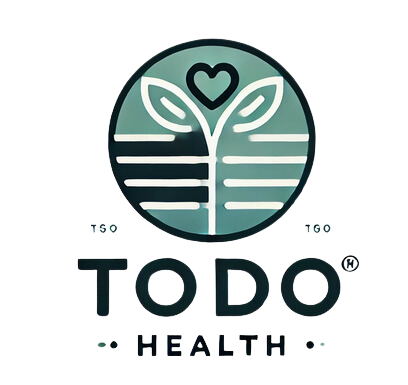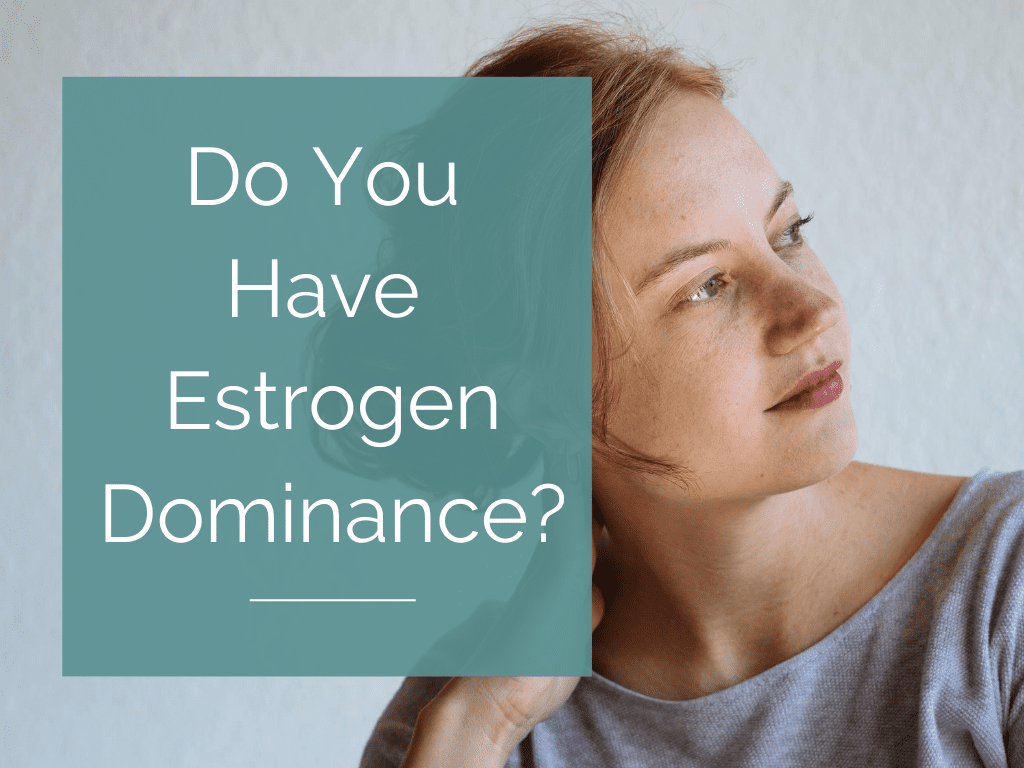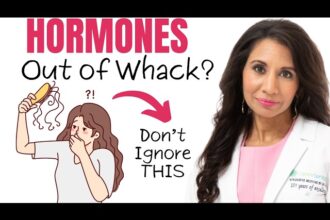Estrogen plays a crucial role in a woman’s health far beyond reproduction. It affects your mood, weight, skin, bones, heart, and even how you sleep. Yet, many women in the USA and UK experience early signs of estrogen imbalance without realizing what’s really going on. These symptoms are often brushed off as stress, aging, or just “normal” fluctuations. But when estrogen goes out of balance—either too high or too low—it can cause a ripple effect across your entire body.
Understanding estrogen imbalance early can help you take steps to restore hormonal harmony before it leads to bigger health problems. Whether you’re in your 20s, 30s, 40s, or beyond, paying attention to subtle shifts in your body can make all the difference in how you feel.
Here are the early signs of estrogen imbalance that most women ignore—and why it’s important to listen to your body.
1. Unexplained Weight Gain (Especially Around the Hips and Thighs)
If your diet and exercise routine haven’t changed but your weight keeps creeping up—especially in the hips, thighs, or lower belly—it could be related to high estrogen levels. Estrogen promotes fat storage in certain areas of the body. When levels are too high relative to progesterone, it can lead to stubborn weight gain that doesn’t respond to the usual strategies.
What to do: Focus on balancing blood sugar with whole foods, increasing fiber intake, and limiting processed foods that can disrupt hormones. Strength training and walking can help regulate insulin and support hormone balance.
2. Mood Swings and Increased Irritability
Many women attribute mood swings to stress or PMS, but hormone fluctuations—especially in estrogen—can significantly affect your emotional balance. Estrogen influences neurotransmitters like serotonin and dopamine, which are responsible for mood regulation. Low estrogen can lead to anxiety, sadness, or irritability, while high estrogen can cause heightened emotional sensitivity.
What to do: Track your mood and symptoms in relation to your menstrual cycle. If mood changes are cyclical or worsening, consider hormone testing. Practice daily stress reduction through deep breathing, journaling, or mindfulness.
3. Irregular Periods or Heavier Flow
Estrogen dominance is often behind irregular or heavy periods. If your cycle suddenly changes length, becomes more painful, or the flow becomes heavier than usual, it may be a sign of excess estrogen or an imbalance between estrogen and progesterone. On the flip side, low estrogen can cause skipped periods or very light bleeding.
What to do: Keep a cycle journal or use an app to monitor changes. Eat cruciferous vegetables like broccoli and cauliflower to help the body metabolize excess estrogen. Limit alcohol and dairy, which can contribute to hormone imbalance.
4. Breast Tenderness or Swelling
Persistent breast tenderness, fullness, or swelling—especially outside of your period—may indicate high estrogen levels. Estrogen stimulates breast tissue growth, and when levels are too high, it can cause sensitivity or discomfort. Some women also notice lumpiness or fibrocystic changes.
What to do: Reduce caffeine and processed sugar, both of which can worsen breast tenderness. Apply warm compresses and consider using a natural progesterone cream under medical guidance if progesterone is low.
5. Trouble Sleeping or Night Sweats
Sleep disturbances, particularly during the second half of your cycle or approaching menopause, can be linked to dropping estrogen levels. Estrogen helps regulate body temperature and supports melatonin production. When estrogen drops too low, you may find it harder to fall or stay asleep—and wake up sweating.
What to do: Avoid screens before bed, keep your bedroom cool, and consider magnesium-rich foods like almonds or spinach at night. Get exposure to natural sunlight during the day to support circadian rhythms.
6. Decreased Sex Drive
A decline in libido is often chalked up to stress, aging, or relationship issues—but hormones, especially estrogen and testosterone, play a major role in sexual desire. Low estrogen can also cause vaginal dryness, making intimacy uncomfortable or painful, which further reduces interest.
What to do: Stay hydrated and include healthy fats in your diet to support hormone production. If vaginal dryness is an issue, look for natural lubricants or speak to a healthcare provider about topical estrogen therapy.
7. Hair Thinning or Hair Loss
Hormones are closely linked to hair health. Estrogen helps keep hair in its growth phase, while imbalances can shift the cycle and lead to shedding or thinning. If you notice more hair in the shower or a widening part, your hormones may be trying to tell you something.
What to do: Ensure you’re eating enough protein, iron, and B vitamins. Minimize harsh chemical treatments and reduce stress levels. Hair loss often responds well to holistic hormonal support once the root cause is addressed.
8. Cold Hands and Feet or Low Body Temperature
Estrogen influences blood flow and circulation. Low estrogen levels can contribute to poor circulation, leading to cold extremities or a consistently low body temperature. This symptom is often ignored or linked to thyroid issues—but estrogen plays a role, too.
What to do: Practice gentle exercise like yoga or walking to stimulate circulation. Keep a consistent sleep schedule and avoid skipping meals, which can stress the hormonal system.
9. Bloating and Digestive Issues
Estrogen affects how your digestive system moves food through the intestines. High estrogen can cause water retention, bloating, and slower digestion. Many women assume it’s just what happens before their period, but recurring bloating may be a red flag.
What to do: Increase fiber and water intake. Include fermented foods like sauerkraut or kefir to support gut health. Avoid excess salt and processed foods which worsen bloating.
10. Brain Fog and Memory Lapses
If you’ve been walking into rooms and forgetting why, or struggling to focus on simple tasks, don’t just blame it on being busy. Estrogen is key for cognitive function and memory. Imbalances can make your thinking feel slower or fuzzier.
What to do: Add omega-3-rich foods like walnuts, flaxseeds, and wild salmon to your meals. Stay mentally active and ensure you’re getting restful sleep each night. If brain fog worsens around your period or during perimenopause, hormone fluctuations could be a factor.
11. Acne Around the Jawline or Chin
Hormonal acne isn’t just for teens. Many adult women experience breakouts, especially around the chin or jawline, when estrogen and testosterone are out of balance. Estrogen helps keep sebum production in check—when it dips or fluctuates, breakouts can occur.
What to do: Avoid inflammatory foods like refined sugar and dairy. Use gentle, hormone-friendly skincare products and avoid over-washing your face. Supporting liver detoxification through cruciferous vegetables and adequate hydration can also help.
Estrogen imbalance can show up in ways that are easy to miss—or easy to dismiss. But your body is always giving you signals. Whether it’s mood swings, fatigue, hair loss, or bloating, those early signs are your body’s way of asking for support.
Don’t wait for your symptoms to become severe before taking action. Track your cycle, support your gut, reduce stress, eat whole foods, and prioritize sleep. These small, consistent habits can go a long way toward bringing your hormones back into balance.
If symptoms persist or significantly affect your quality of life, it’s worth speaking with a healthcare provider about comprehensive hormone testing. The earlier you identify an imbalance, the easier it is to restore equilibrium and feel your best again.






